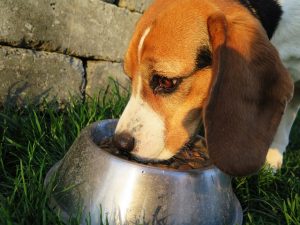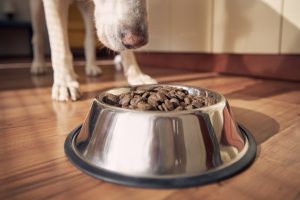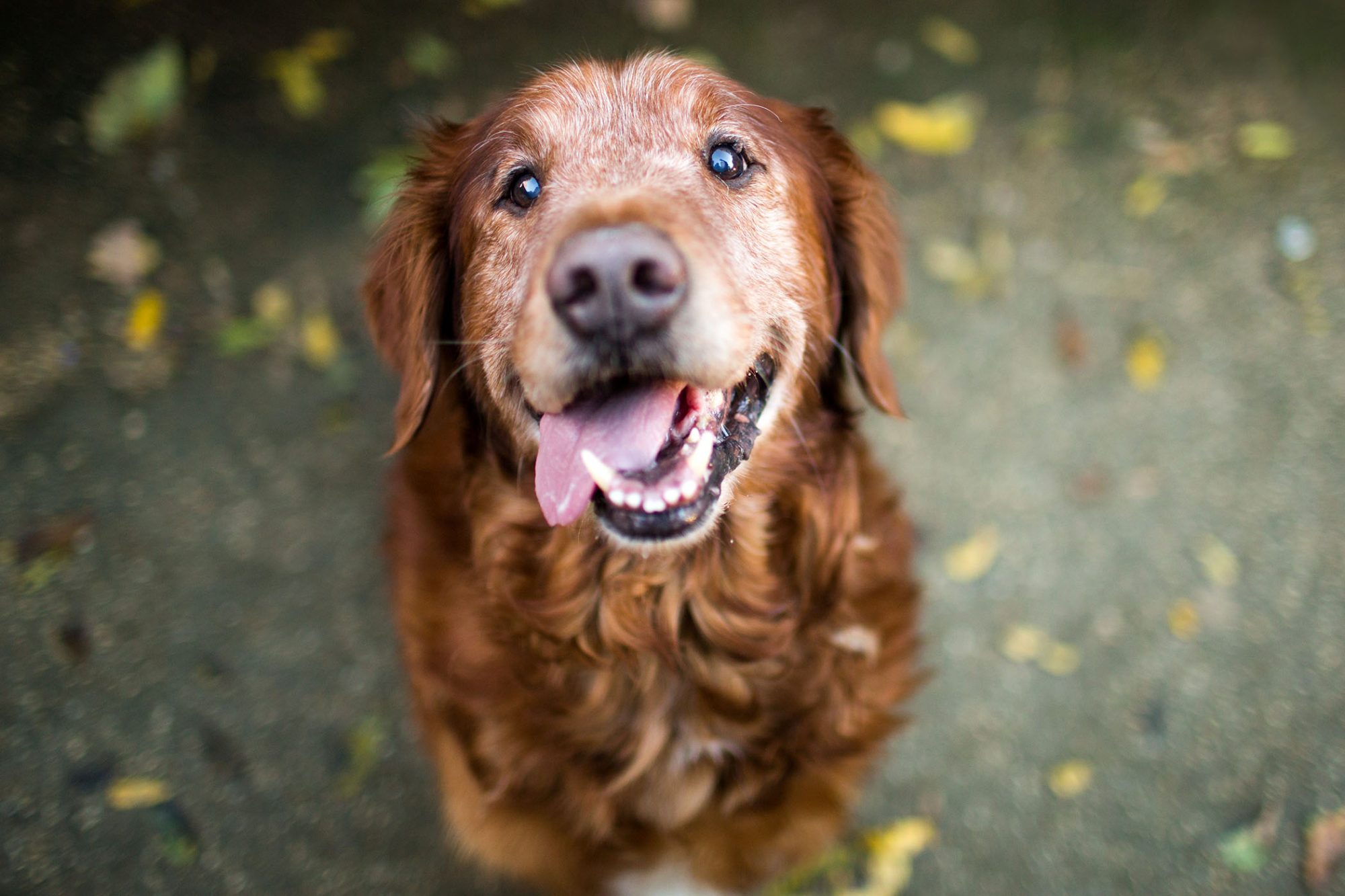
In most cases, dogs are considered seniors after the age of six or seven. Dogs from large breeds age faster than small breeds, so there is some wiggle room with this timeframe.
In reality, the aging process is the same for dogs as it is for humans. Some get vigorous, while others are already tired as they enter their golden years.
There is a lot you can do before your dog enters old age to help him thrive. If your dog is not quite six or seven years old yet or has just celebrated those birthdays, take an honest look at his fitness. It’s easier for an older dog to stay healthy if he ages with good basic health.
How to Take Care of an Old Dog
As we get older, our needs change and the same goes for our dogs. The diet that did its body good as a young adult may need to be changed. The exercise program that has kept him fit may need to be adjusted as well. The once-a-year visit to the vet may need to become a semi-annual affair. Older dogs can also live long, fulfilling, healthy and happy lives; it’s up to us to tweak their care to ensure that happens.
Fitness
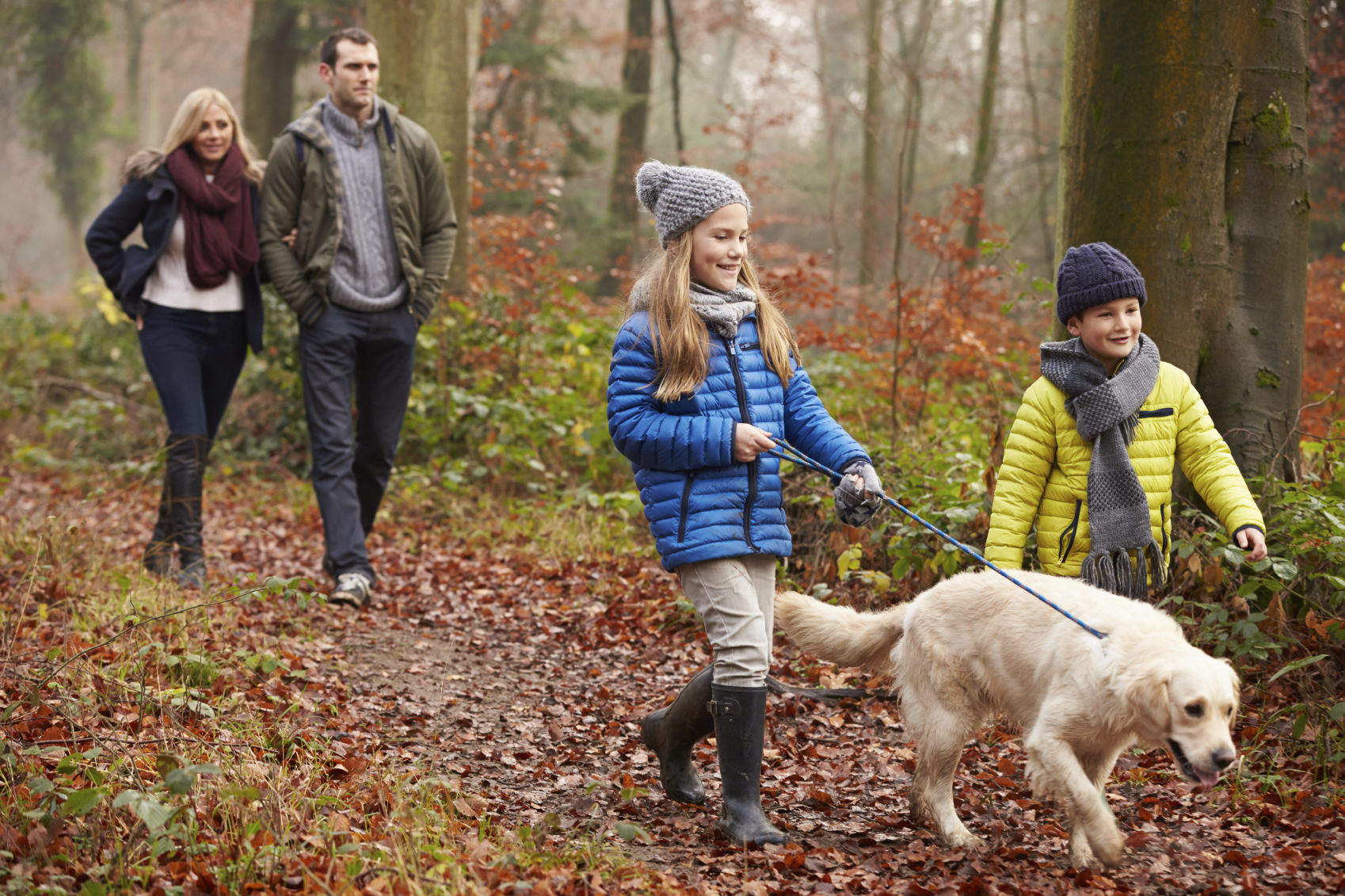
Fitness encompasses food and exercise. Both the exercise your dog gets and the food it eats contribute to its overall wellness.
Many older dogs slow down with time. They tend to live more sedentary lives, rest more and do less sports. It stands to reason that their metabolisms slow down too – just like our aging metabolisms. If you’re facing difficulty maintaining your senior’s weight, here are three ideas that might prove beneficial:
- Swap Out Store-Bought Treats for Fresh Veggies and Fruits
Blueberries, apple slices, carrots and so on make excellent low-cal treats for pups who still deserve treats (i.e., all of them!) but you also need to watch their weight.
- Don’t Skip the Walks
It’s hard, I know. Our schedules are busy, the weather is terrible and the backyard is so convenient. However, for the longevity of your dog, you should take daily walks. This is good for him because it keeps his muscles working, joints moving and his heart pumping. Bonus point: add a tiny bit more distance (one more block) or a second walk each day to improve your dog’s fitness.
- Be Mindful of Table Scraps
We all do it: put a bowl down for the puppy to lick, slip a bite under the table, drop a scrap and don’t pick it up because, of course, the dog gets it. All those nibbles and bites add up. Plus, digestive issues are widespread among seniors, so fewer food oddities are in their best interest.
Health and Wellness
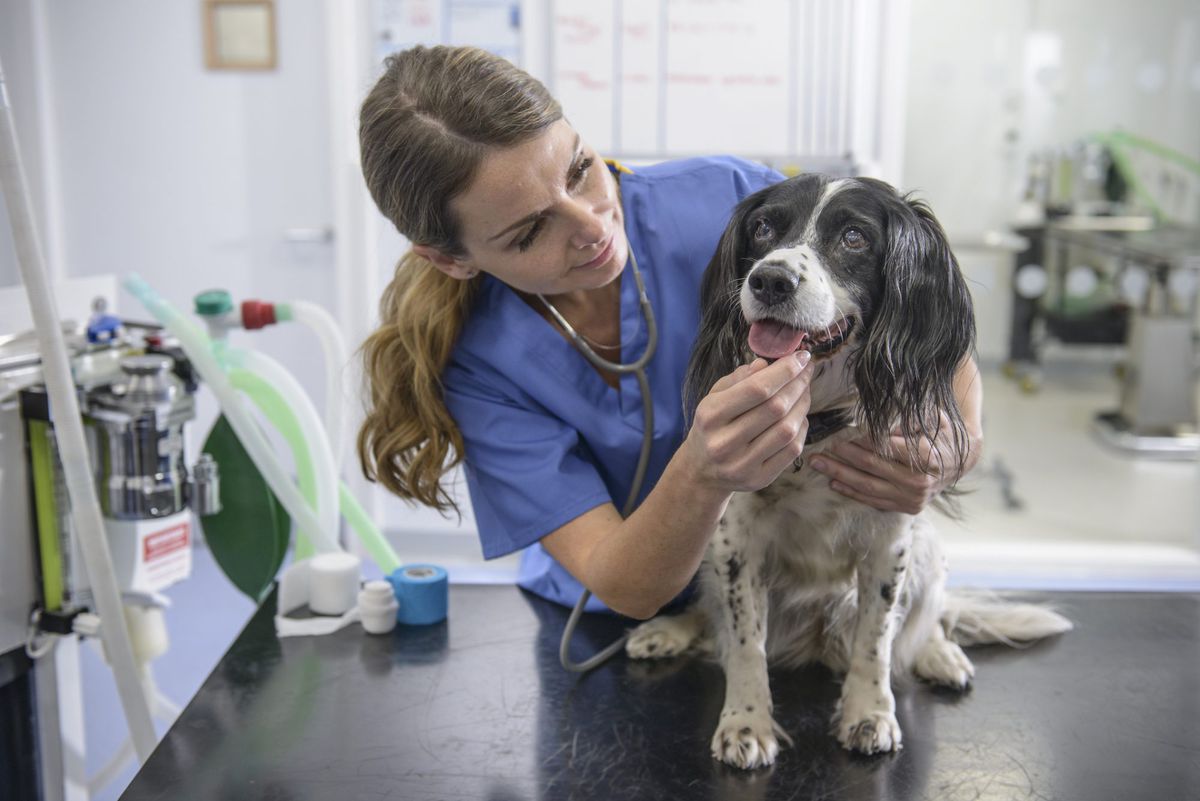
Your veterinarian should be your partner in caring for your senior dog.
Perhaps your dog was one of the lucky ones who did well with vaccinations and annual checkups. Be aware that older dogs require much more veterinary care.
For starters, most dogs need to see the vet twice a year. A blood test should be done at one of these visits and it is ideal for establishing a baseline if your dog is on the younger side of senior.
Second, many aging dogs suffer from similar side effects of aging as we do:
- Diminished or lost vision
- Diminished or lost hearing
- Digestive issues
- Joint aches
- Obesity
- Heart problems
- Cancer
- Chronic conditions
The incredible thing about veterinary medicine today is that most of these diseases are controllable, treatable and sometimes even curable. Unfortunately, many older dogs are surrendered to shelters because of these health issues – either because of a misconception that they’re unable to take care of their dog’s condition or perhaps that they’re unable to afford the care.
Fun
Obviously, life isn’t just what we eat, how we exercise or which doctors we see. However, those things weigh heavily on our overall well-being.
If you feel good, you can have more fun. For senior dogs, “fun” might not look like long swims in the lake or hours chasing a ball at the park. Ensuring your dog has a great time throughout his golden years is one of the most enjoyable parts of loving an old dog.
Let us know in the comment section how you take care of your senior dog.
